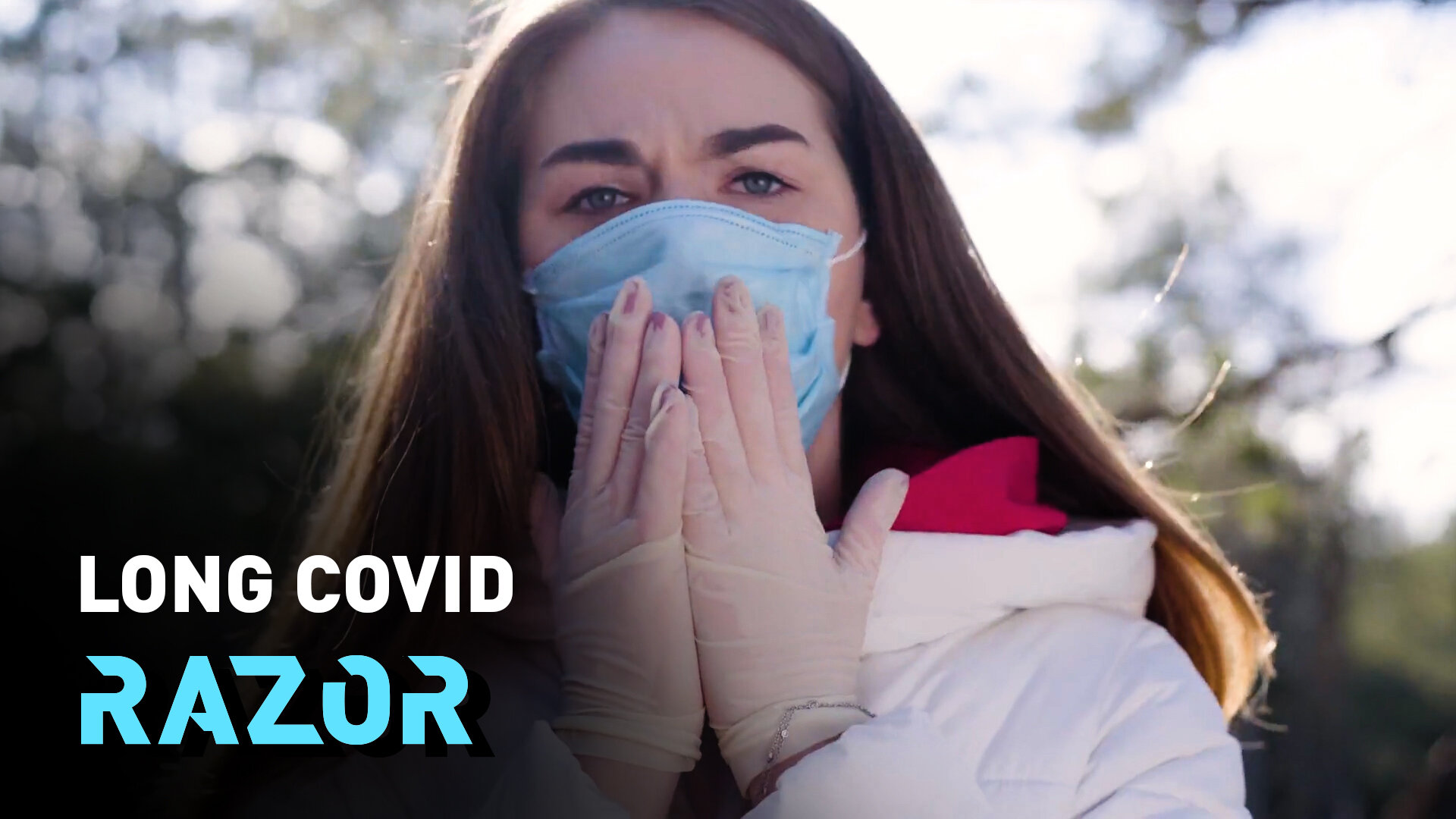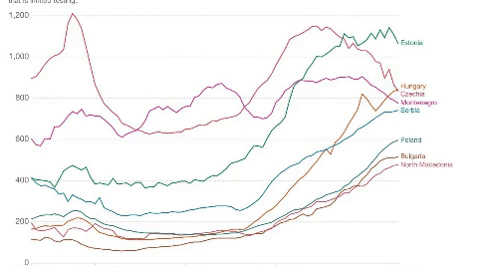What is Long COVID-19 and who is most likely to get it?
While vaccination offers the world hope of an end to the pandemic, many people are dealing with lasting health consequences. Long COVID-19 can last for weeks or months, with even a short walk leaving sufferers exhausted for days.
With medical services understandably focusing on critical and acute cases, while scientific research chased safety through vaccines, Long COVID-19 was initially sidelined. But that's changing.
In December, the U.S. made $1.5 billion of funding available for research and clinical trials into this puzzling new illness – and the knowledge base is growing thanks to efforts such as the UK's COVID-19 Symptom Study app, through which users who tested positive have consistently logged their health.
The app defines Long COVID-19 as showing consistent symptoms for 28 days. Of the thousands of users, 13.3 percent had symptoms lasting for at least four weeks, 4.5 percent stayed ill for eight weeks and 2.3 percent suffered for longer than 12 weeks.
Researchers at King's College London have analyzed the figures and their most recent study looks at predicting who might suffer from Long COVID-19. They found people with more than five symptoms in the first week were significantly more likely to go on to experience it.
The five first-week symptoms most predictive of Long COVID-19 were fatigue, headache, shortness of breath, hoarse voice and myalgia or body aches. Asthma was the only pre-existing condition significantly associated with Long COVID-19.
"If you have 10 symptoms ranging from headache to fatigue to abdominal pain – as well as those core symptoms we all know about fever, cough and loss of sense, taste or smell – then you're more likely to then go on to get Long COVID-19 than if you just had a couple of symptoms," Clare Steves – one of the lead researchers at King's College London – tells CGTN.
Long COVID-19, ME and CFS
One area of research is studying the similarities and possible connections between Long COVID-19, ME and Chronic Fatigue Syndrome (CFS). ME is myalgic encephalomyelitis – "myalgia" for the muscle aches and "encephalomyelitis" for the inflammation of the nervous system. ME and CFS have overlapping symptoms, and share similarities with post-viral syndromes.
Peter Rowe, is a professor of pediatrics at the Johns Hopkins Children's Center, where he runs the Chronic Fatigue Clinic. He's now seeing adult Long COVID-19 patients who share similar symptoms to those with ME/CFS.
"For years it's been recognized that ME/CFS can be triggered by some sort of infection," he tells CGTN. "There are cases from Hong Kong showing that people had illnesses that looked like ME/CFS after the original SARS pandemic."
Anthony Fauci, chief medical adviser to U.S. President Joe Biden, has repeatedly warned that COVID-19 patients could develop ME/CFS, while the World Health Organization's European arm recently said understanding the long-term consequences of the coronavirus should be made a priority by health authorities.
"If we can identify groups of people who are more likely to go on to Long COVID-19," says King's College London's Steves, "then we can give preventative treatments to those people. They then may go on to have a less long illness."
Originally published by CGTN Europe, 30 March 2021





